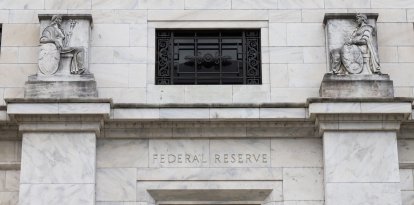UN cuts global economic growth forecast to 1.9% for 2023
“A broad-based and severe slowdown of the global economy looms large amid high inflation, aggressive monetary tightening, and heightened uncertainties."

El secretario general de la ONU, António Guterres / Cordon Press.
The United Nations (U.N.) reduced its forecast for world economic growth to 1.9% for 2023 after previously projecting 3%. This is one of the lowest projections in recent decades.
The U.N. Department of Economic and Social Affairs noted that the factors influencing the global economic slowdown are the food and energy crisis triggered by the war in Ukraine, the impact of the COVID-19 pandemic, high inflation and the climate emergency affecting "both developed and developing countries, with many facing recession risks in 2023."
U.N. Secretary-General Antonio Guterres noted:
The organization projects a rebound to 2.7% in 2024 if inflation gradually declines and economic headwinds begin to ease.
Other organizations and countries
For the U.S., gross domestic product (GDP) is expected to grow by just 0.4% after an estimated 1.8% growth in 2022. Likewise, the European Union’s 27 nations are expected to grow by only 0.2% in 2023, down from an estimated 3.3% in 2022. For the UK, the organization expects GDP to decrease by 0.8% in 2023, continuing a recession that began in the second half of 2022:
China's GDP growth, which was 3% in 2022, is expected to accelerate to 4.8% this year. Japan‘a economy is also expected to be one of the best performers this year, with a projected increase of 1.5%, slightly lower than last year's estimate of 1.6%.
The U.N. is the latest organization to lower its growth forecasts for this year. The World Bank cut its growth projections almost in half earlier this year, from 3% to just 1.7%. On the other hand, the International Monetary Fund (IMF) projected in October that global growth would slow from 6% in 2021 to 3.2% in 2022 and 2.7% in 2023.

























